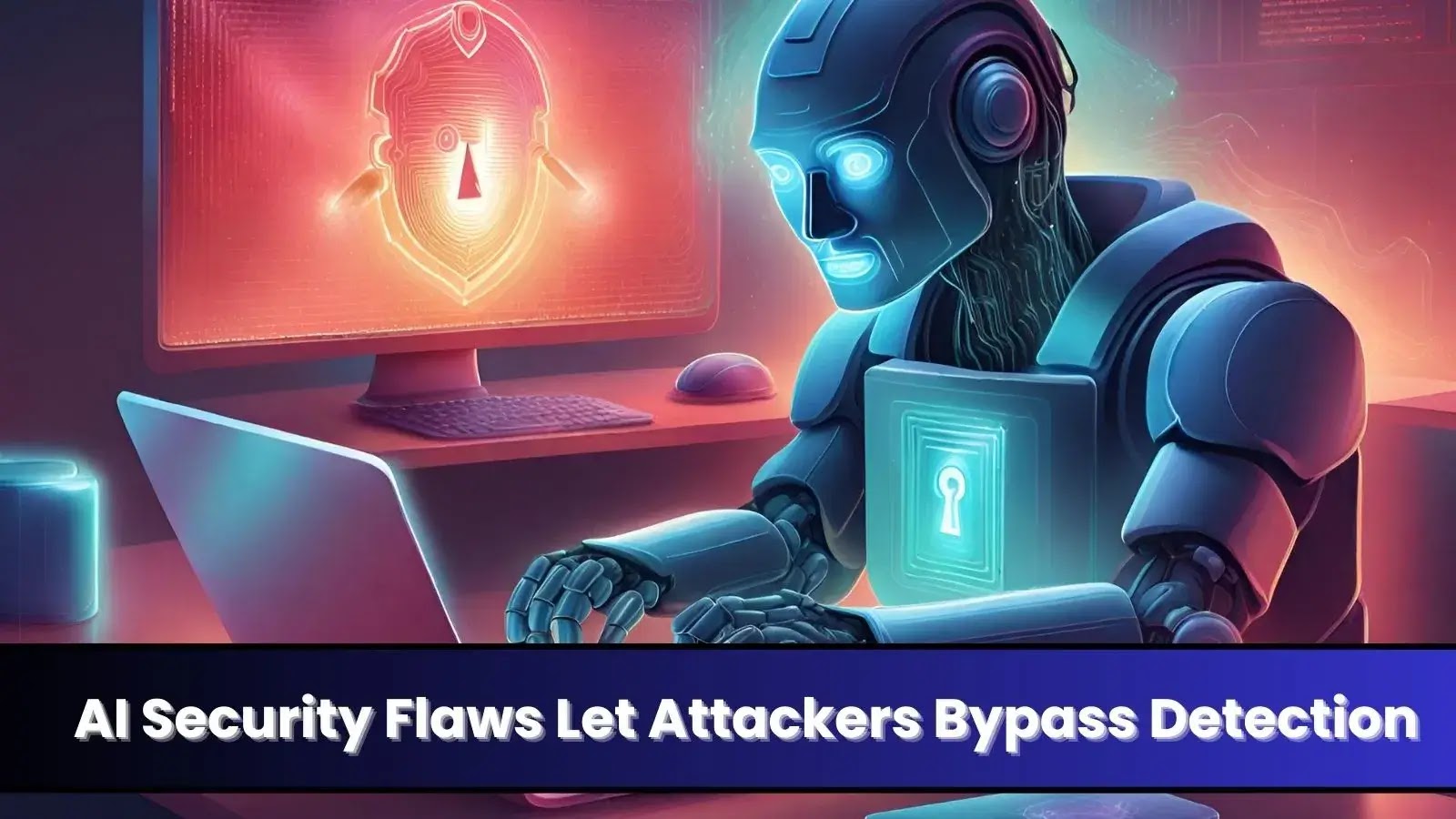Critical AI Security Flaws Let Attackers Bypass Detection & Execute Remote Code

Man made Intelligence (AI) has was no doubt one of the most quickest-booming applied sciences of this decade, with a complete lot of dispositions in extra than one industries.
In a complete lot of instances, threat actors hang exploited AI programs to retrieve sensitive knowledge later former in other attack vectors.
Nonetheless, the kind of booming technology has to be vigilant towards vulnerabilities that come up true thru the trend or depart time.
A bug bounty program used to be created to give protection to Man made intelligence that detected a complete lot of vulnerabilities utilizing custom-developed and originate-source tools.
Fastrack Compliance: The Course to ZERO-Vulnerability
Compounding the challenge are zero-day vulnerabilities admire the MOVEit SQLi, Zimbra XSS, and 300+ such vulnerabilities that decide up stumbled on every month. Delays in fixing these vulnerabilities lead to compliance points, these extend will be minimized with a a quantity of characteristic on AppTrana that lets you decide up “Zero vulnerability characterize” within 72 hours.
Principal AI Security Flaws
In step with the reviews shared with Cyber Security News, there had been bigger than 9 vulnerabilities detected this month. The most well-known ones had been a Validation Bypass, Arbitrary File Overwrite thru Malicious Supply URL, and Local file inclusion.
The CVEs for these vulnerabilities had been assigned as CVE-2024-0520 (10.0 – Principal), CVE-2023-6976 (8.8 – Excessive), and CVE-2023-6977 (10.0 – Principal).
CVE-2024-0520: MLflow Arbitrary File Overwrite
This vulnerability exists in the MLflow, a instrument for storing and tracking objects whereby an attacker can form an arbitrary file overwrite as a outcome of the code former to pull down distant data storage. Users will be manipulated into utilizing a malicious distant data source that will alternatively create instructions in the user’s context.
CVE-2023-6976 – MLflow Arbitrary File Overwrite
Judicious one of the most MLflow capabilities that validate file direction security had a bypass vulnerability that will allow a threat actor to remotely overwrite files on the MLflow server, resulting in distant code execution. A threat actor can furthermore overwrite the SSH keys on the blueprint or edit the .bashrc file to create arbitrary instructions on the blueprint when the next user logs in.
CVE-2023-6977 – MLflow Local File Encompass
In definite forms of working programs, the hosted MLflow will be manipulated into displaying sensitive file contents as a outcome of a file direction security bypass, which will furthermore potentially lead to blueprint takeover if the SSH keys or cloud keys had been saved on the server with MLflow read permissions.
A total characterize has been printed, which presents detailed knowledge about these vulnerabilities, doable exploitation, influence, and other knowledge.
Source credit : cybersecuritynews.com


